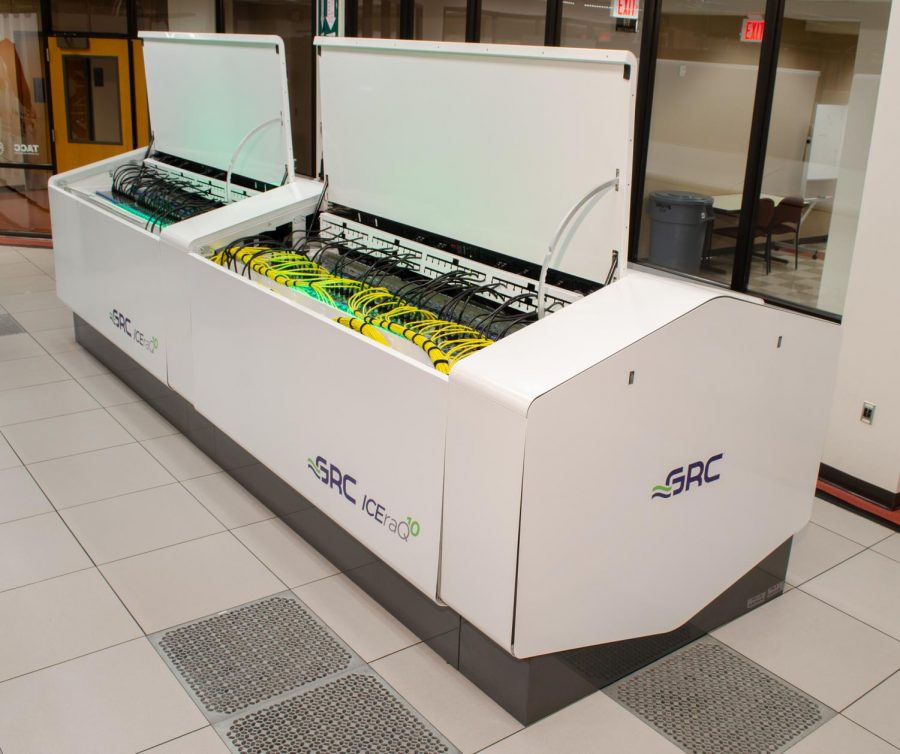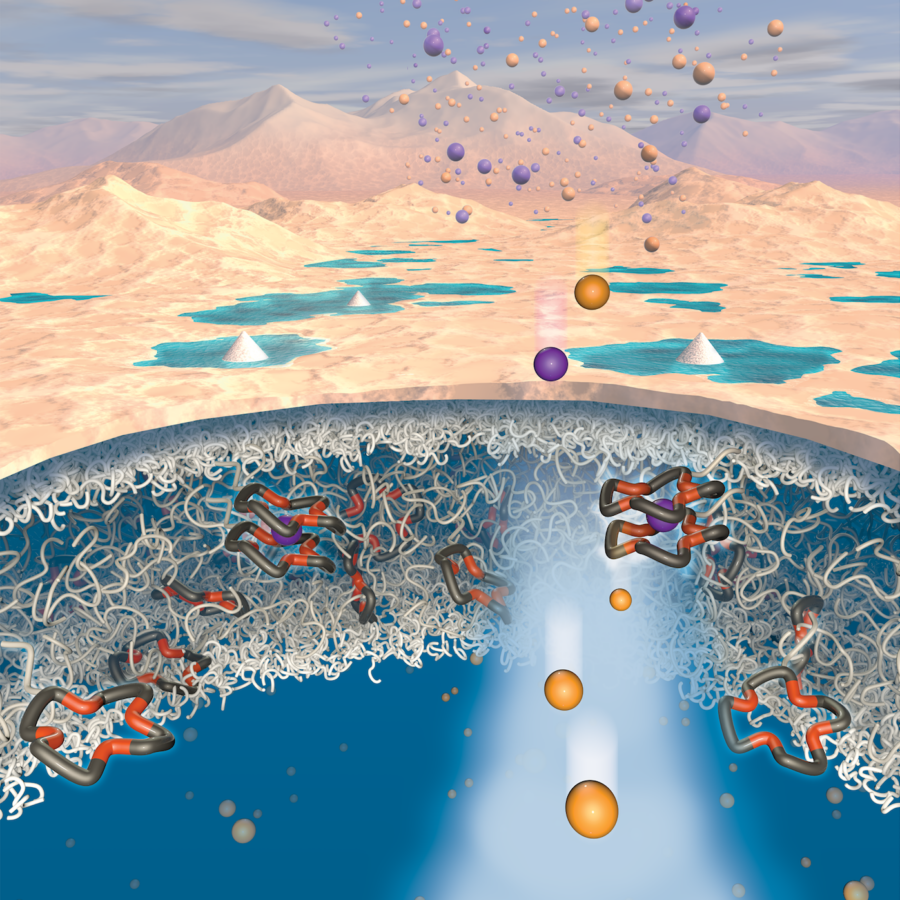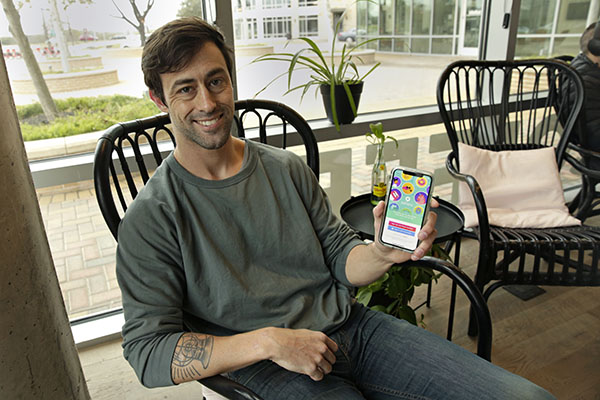While solar power is a useful alternative energy source wherever the sun shines, solar panels aren’t 100 percent efficient due to the changing angle of the sun in the sky. However, two UT students are solving this problem.
Sun Co., founded by Taylor Zhao, electrical engineering and supply chain management senior, and Mandeep Patel, mechanical engineering senior, are in the process of patenting a device that would allow solar panels to move with the sun, increasing their energy efficiency.
Their device relies on a metal alloy made of titanium and nickel, which contracts when exposed to heat, Zhao said. When attached to a solar panel, the device’s springs contract on the side most exposed to sunlight.
“Since the metal contracts when it’s heated, it is naturally inclined to follow a heat source,” Patel said. “In this case, we’ve positioned the springs so that they move a solar panel towards the sun.”
Many sun-tracking devices already exist for solar panels, Zhao said. Some are “active” devices that require a powered motor to move the panel, whereas others are “passive,” requiring no energy input.
“Other passive trackers can get increases from about 20 to 30 percent in efficiency,” Zhao said. “An active tracker … will usually get an increase of 35 percent.”
However, their device matches the efficiency of passive trackers at 22 percent, costs half as much and the installation can be done by the average user.
The team has obtained a provisional patent and is finishing up their third prototype, Patel said. Afterwards, they can work with energy companies to begin testing their device.
“We want to talk with Austin Energy and some solar installation companies,” Zhao said. “(We aim) to become the go-to passive solar tracker on the market.”
Zhao and Patel recently won the Texas Business Plan Competition and Shell’s Ideas360 competition with their device.
The Texas Business Plan Competition also provided initial funding and feedback for Sun Co., Patel said. The panel of judges included venture capitalists, engineers and professors.
“This resulted in an incredibly effective learning environment,” Patel said.
The competition also allowed the team to bypass early-game mistakes, Zhao said.
“While these competitions are great for us to test the idea, the connections and different viewpoints on our idea is what really helps us grow,” Zhao said.




















